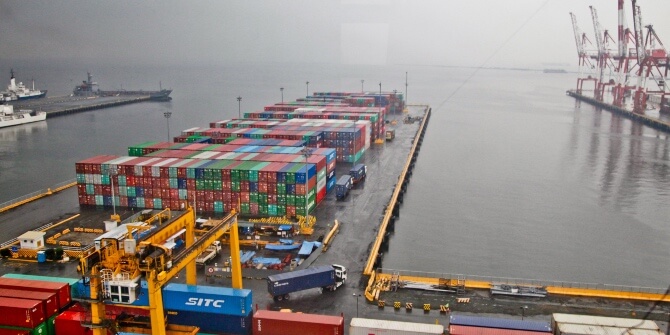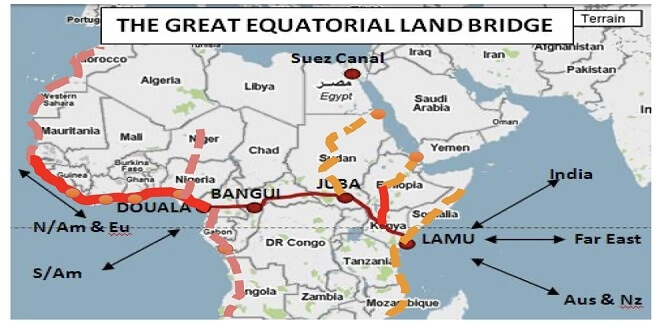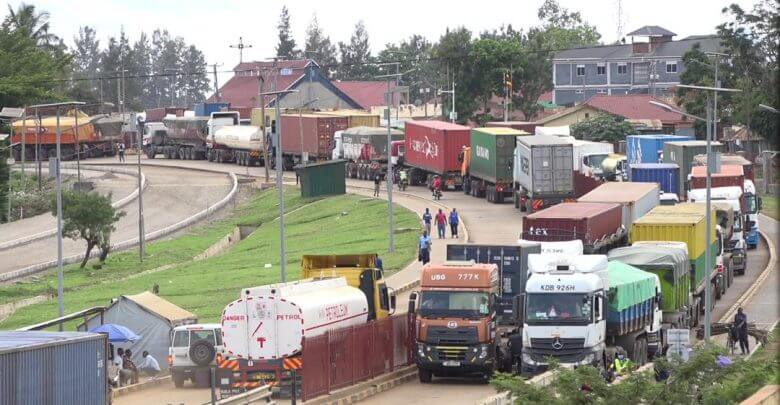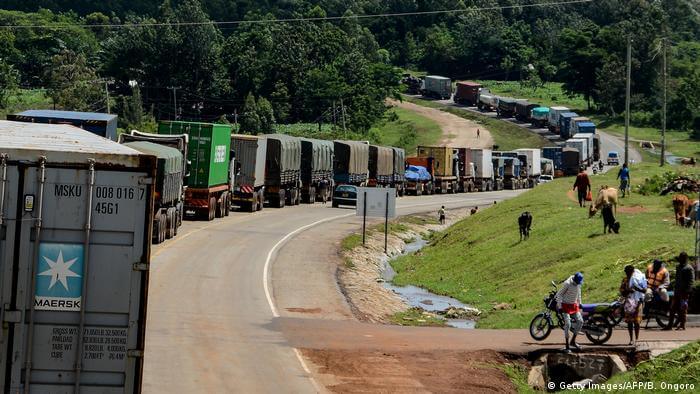Dar es Salaam, 31st March 2022: Today, the Central Corridor Transit Transport Facilitation Agency (CCTTFA), launched the Central Corridor Transport Observatory (CCTO), a system that provides reliable and timely information to policy makers in the region, facilitating formulation of policies that lead to better transit, trade facilitation and cooperation between CCTTFA Member States. The systems was developed by CCTTFA with support from TradeMark Africa (TMA) and funding from Denmark, Ireland, Norway, UKAID and USAID. The Central Corridor Transport Observatory (CCTO) aims at assessing the efficiency of the logistics chain along the Central Corridor and in turn making all this information available the click of a button. Users will now be able to access information on more than thirty-eight indicators grouped into six categories including: Volumes of transactions, Transit times, Cost of Services, Efficiency and Productivity, Green House Gas emissions and Safety. The Observatory provides access to special features the performance of the Corridor to include joint reports with Northern Corridor Transit and Transport Coordination Authority and Green House Gas emission updates. Also available is a Geographic Information System (GIS) module that allows users to view the location and status of various infrastructure. The event was graced by Mr. Mohamed Salum, Director of Legal Services, Ministry of Transport Tanzania, who represented the Permanent Secretary Mr. Gabriel Migire, CCTTFA Executive Director Capt. Dieudonne Dukundane, and TMA Tanzania Country Director Monica Hangi. Speaking at the event, Executive Director of CCTTFA Capt. Dieudonne Dukundane acknowledged the technical and financial support from TMA that has...
Transport Corridor Information at the Click of a Button
Posted on: March 31, 2022
Posted on: March 31, 2022
























